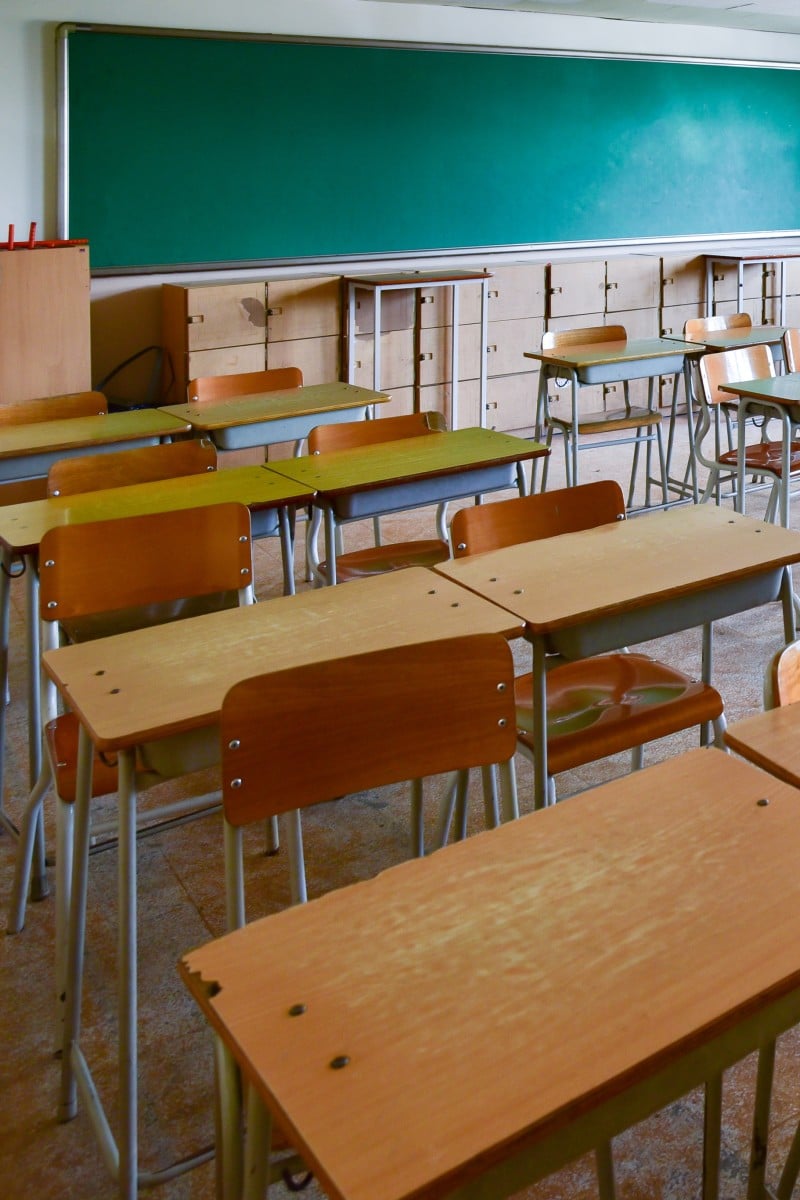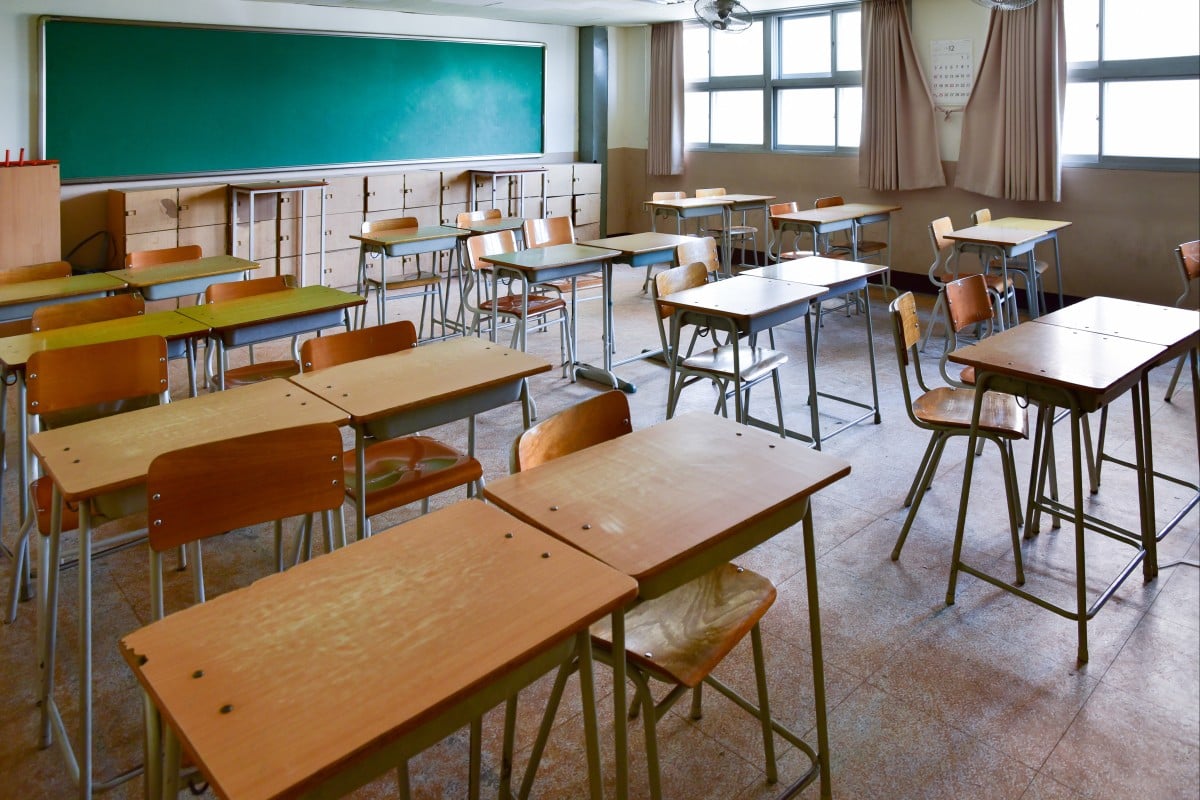
Saving a Dragonfly review: South Korean documentary is truthful portrayal of teen struggles
- Director Hong Da-ye films herself and her friends preparing for university entrance exams, reflecting on the perils of a competitive education system
.jpg?itok=5-zjlj1_)
 Many students in South Korea face immense pressure to do well in their academics. Photo: Shutterstock
Many students in South Korea face immense pressure to do well in their academics. Photo: ShutterstockThe South Korean documentary Saving a Dragonfly is a heartfelt yet grim portrayal of the ups and downs of teen life as experienced by director Hong Da-ye and her friends.
For this 80-minute documentary, Hong filmed herself and her friends on their nerve-racking journey preparing for the exams that determine whether they enter a top university.
Over the years, they grow apart, and as Hong becomes a university student, the anxiety she experienced in secondary school persists.
One day, she receives a call from one of her old friends, who is going through a tough time. This prompted Hong to write a letter to her.
Selected for the Yamagata International Documentary Film Festival and Taiwan International Documentary Festival, the 2022 film is coming to Hong Kong for a few select screenings in July and August – timed perfectly for the city’s students, many of whom will have just received their university entrance exam results.
Trial and Error YouTubers discuss new documentary on Hong Kong exam culture
Glimmers of youthful innocence are apparent amid the bitter undertones in the film, which offers a glimpse of what it’s like growing up in South Korea.
It features a recurring scene: a frail dragonfly floats peacefully atop the water, though it occasionally quivers. The insect’s seemingly placid nature resembles the mundane moments of the documentary – while the quivering reveals the challenges beneath the surface.
Through the shaky, blurred lens of Hong’s camera, viewers are taken on a chaotic journey where complex struggles are showcased in a poignant, raw manner.
While the pacing is slow at times, the director doesn’t shy away from delving into difficult themes from suicidal ideation to the toxicity of the education system, crafting a truthful narrative teenagers will find relatable. The plot centres around their search for worthiness, whether through academic validation or friendship.
The documentary delves into South Korea’s competitive university application process by providing an insider’s look into students’ lives. Deeply ingrained societal norms glorify hard work to honour one’s family, so it is every student’s duty to enter a “good” university.
In fact, the country’s College Scholastic Ability Test is infamous for being one of the most demanding in the world: students endure a mind-boggling eight-hour exam sitting papers in different subjects one after another. They are aggressively competing for admission into one of the top three universities; Seoul National University, Korea University and Yonsei University are regarded as the sole tickets to success.
With this societal and familial pressure on their academic performance, students’ mental health is tossed aside, but at what cost? Do flawless results and a highly sought-after degree truly evoke everlasting happiness?
Among Hong’s friends, some retake the exam, and some head to university while others enter the workforce.
Despite their drastically different paths, they are all bewildered about who they are. As time trickles by, they struggle to discover what sets them apart, and with a limited understanding of their strengths, self-deprecating tendencies creep in. The documentary suggests that these youngsters are vulnerable because they tie their worth to what they do instead of who they are.
Hong’s documentary pieces together an intricate, gripping tale of self-discovery. Academic anxiety and low self-worth are universal concerns no teenager is immune to, and the film presents a compelling argument that without realising their unique capabilities beyond academic pursuits, people can never reach a state of genuine contentment.
This meaningful and relevant watch will strike a chord with teenagers in particular.
.jpg?itok=5-zjlj1_)